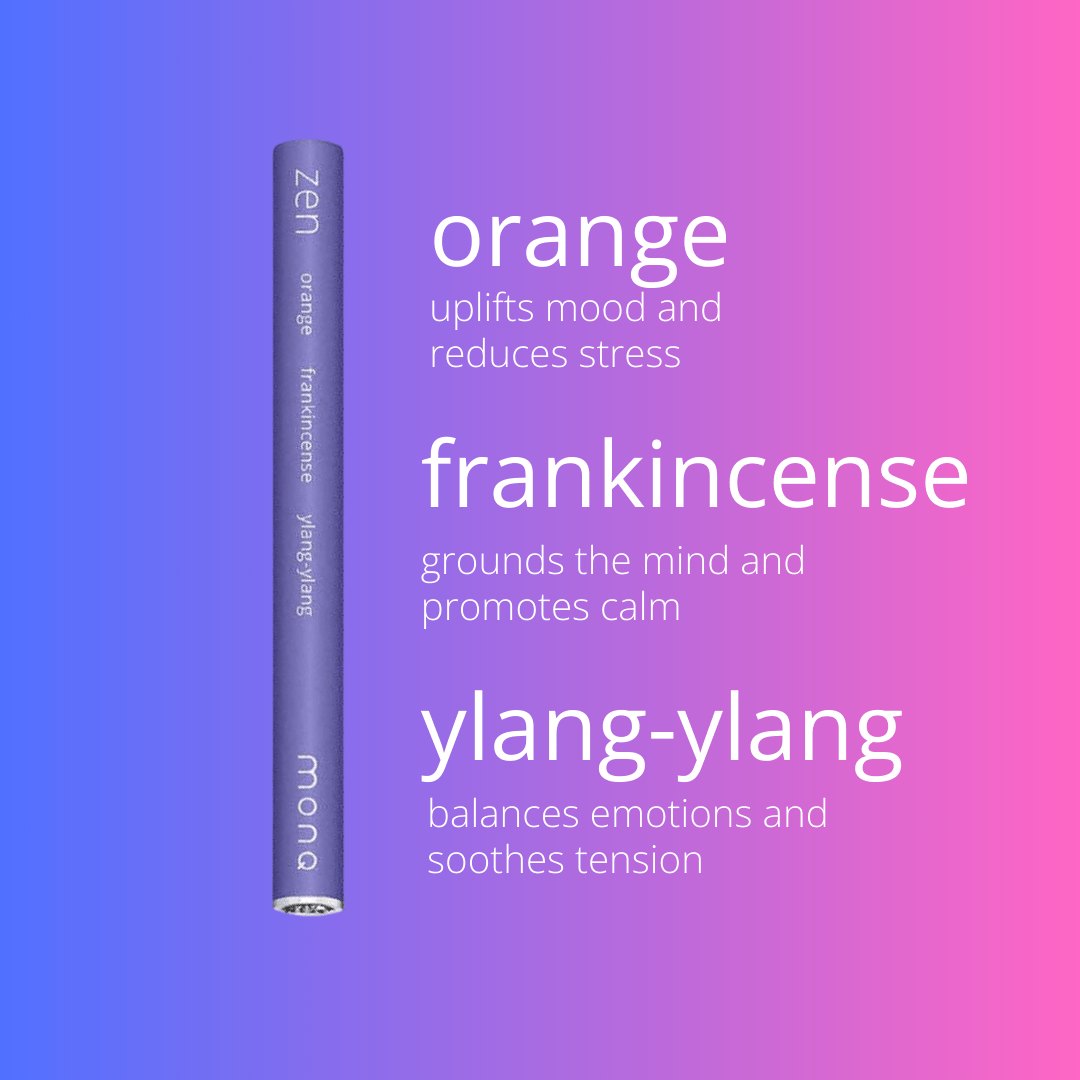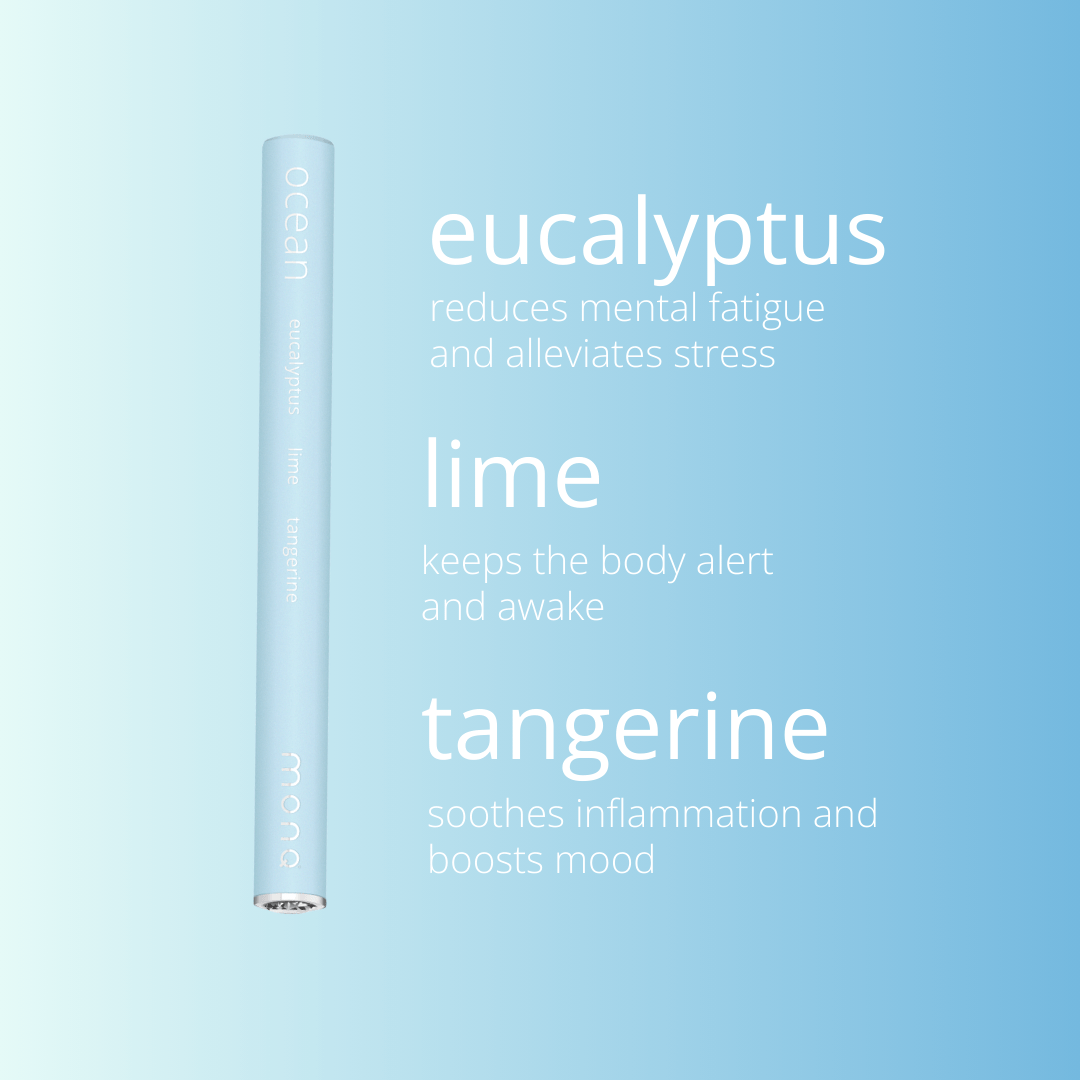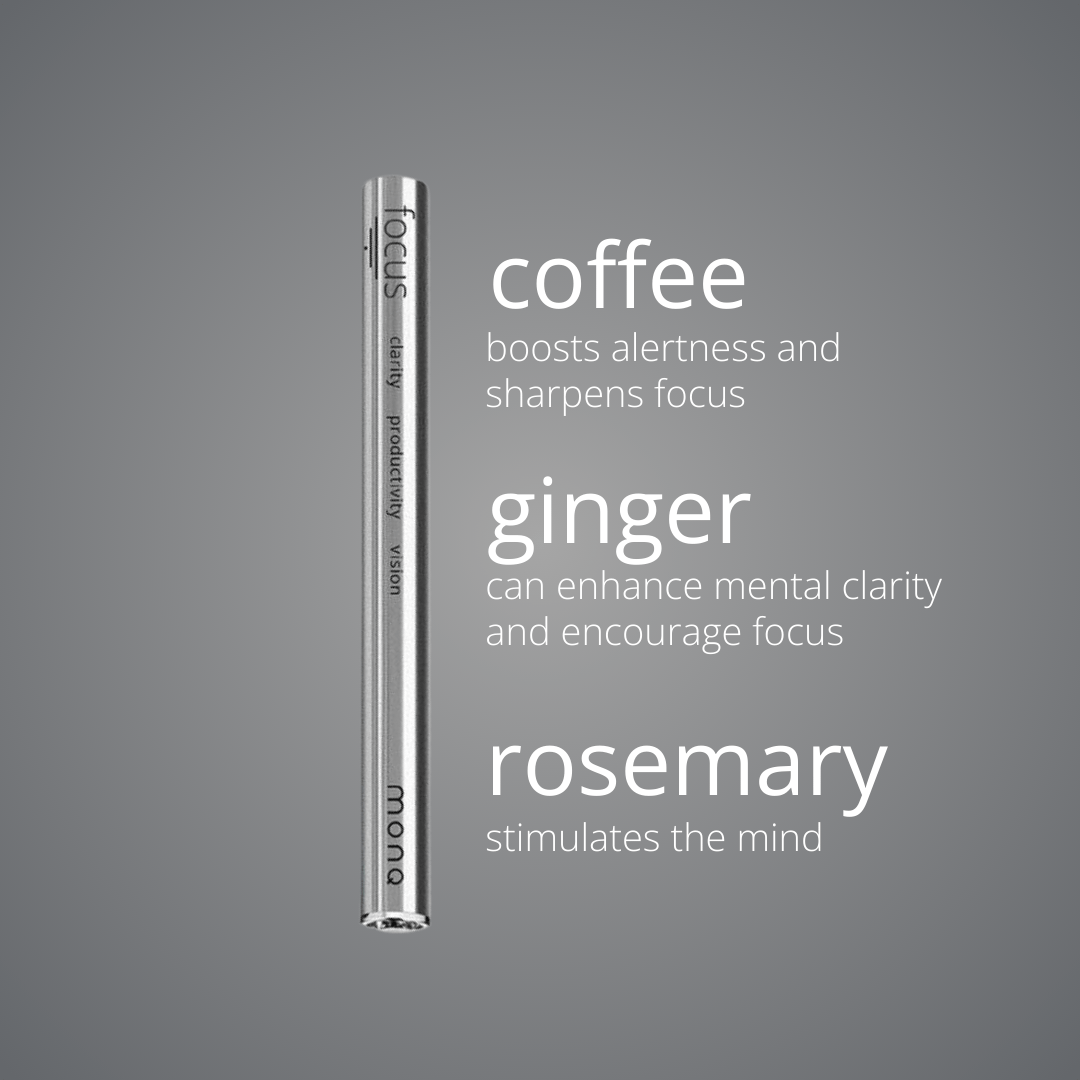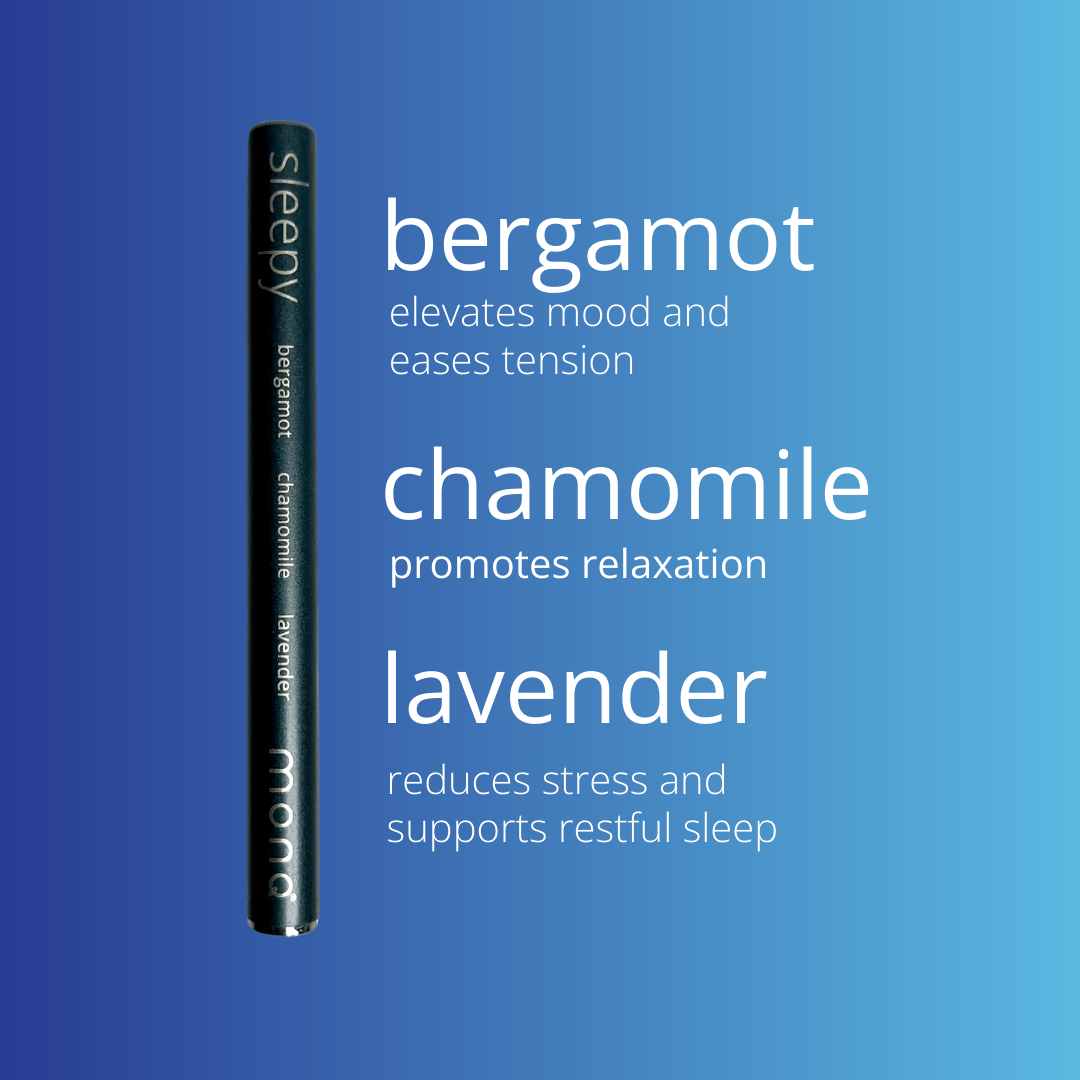Acupuncture: Ancient Healing Wisdom
Acupuncture traces its roots back to Traditional Chinese Medicine (TCM), a system that emphasizes maintaining harmony and equilibrium in the body, mind, and spirit. In TCM philosophy, when balance is sustained, illness finds it challenging to take hold.
This ancient practice involves inserting hair-thin needles into specific points on the body to alleviate blockages in the body's energy pathways. Similar to how a blocked circulatory system causes issues, blocked energy flow can hinder optimal functioning.
The term "energy" refers to life force energy, known as qi (chee), ki (key), or prana in various cultures. This energy system is believed to be responsible for circulating vitality throughout the body. Therefor, when blockages occur, vitality diminishes, and discomforts arise, potentially leading to illness. Acupuncture seeks to restore balance and vitality to enhance the body's resistance to disease.
While conventional medicine addresses physical ailments, alternative therapies like acupuncture can complement traditional approaches without replacing them. Combining different modalities can enhance overall well-being and support the body's natural healing processes. It's essential to consult with a physician before integrating acupuncture or any alternative therapy into your treatment plan.
Acupuncture's most well-known application is pain management. By stimulating the central nervous system, acupuncture prompts the release of hormones and triggers physiological changes that promote healing. While early research on acupuncture's pain-relieving effects was inconclusive, recent studies using MRI imaging have confirmed its efficacy in activating pain centers in the brain.
Acupuncture has gained recognition for its effectiveness in managing various conditions, including:
- Nausea from anesthesia or chemotherapy
- Dental pain
- Addiction
- Headaches
- Menstrual cramps
- Tendonitis
- Osteoarthritis
- Back pain
- Asthma
Beyond pain relief, acupuncture has been found beneficial for digestive issues, emotional well-being, eye, ear, and throat conditions, gynecological issues, musculoskeletal problems, neurological disorders, respiratory ailments, and more. Consultation with a healthcare provider is recommended to explore how acupuncture may address specific health concerns.
In conclusion, acupuncture offers a natural and holistic approach to wellness. While rooted in ancient traditions, it continues to play a significant role in modern healthcare. Whether seeking relief from pain or improving overall well-being, acupuncture has demonstrated its effectiveness across a range of conditions.









Leave a comment